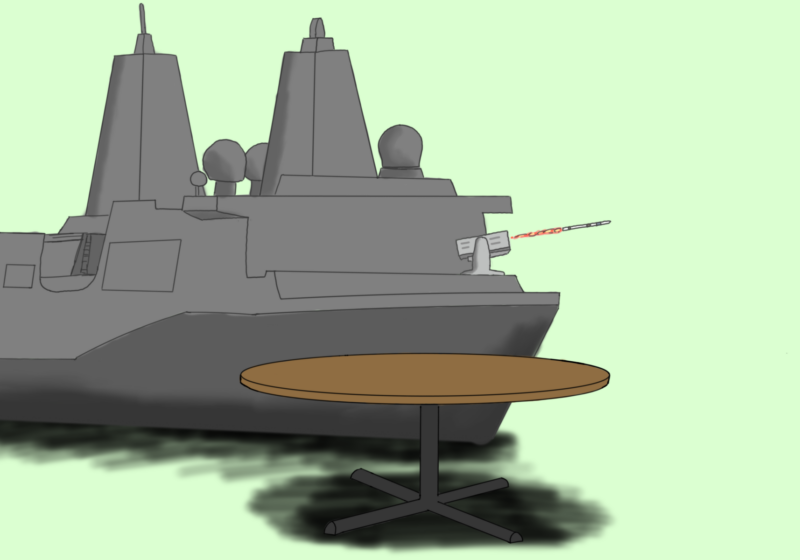Courtesy of imdb.com
Michael Haneke’s “Amour” is different from everything else I have seen this year. Unlike some other recent films, it does not have genre-defying special effects, terrorists, or Wild West shootouts. Rather, it’s a deep, well-executed, and unique exploration of life, reality, and death that is achieved through a minimalist style and the emotional force of its characters.
The film focuses on an elderly French couple, Anne (Emmanuelle Riva) and Georges (Jean-Louis Trintignant), as Anne’s health deteriorates following a stroke. Almost the entire film takes place in the couple’s apartment, with minor characters such as neighbors, the couple’s children, and caretakers coming and going. Haneke films “Amour” in extremely lengthy, unmoving shots that serve to objectify what happens to Anne and Georges, which eventually evolves into a horrifying portrait of reality.
The problem with “Amour” is that it is simply boring at times. Though the audience connects with Anne and Georges, the film can get incredibly tedious. However, it is also powerful and tightly constructed. It is meant to resonate with its audience rather than deliver laughs or cringe-worthy violence. It forces us to reflect on our own humanity and love.
Trintignant came out of retirement to act in this film, and with good reason. “Amour” is what drama should be: profound, creative, raw, and incredibly well done.
Grade: A-
Schaffer is a member of the class of 2016.




